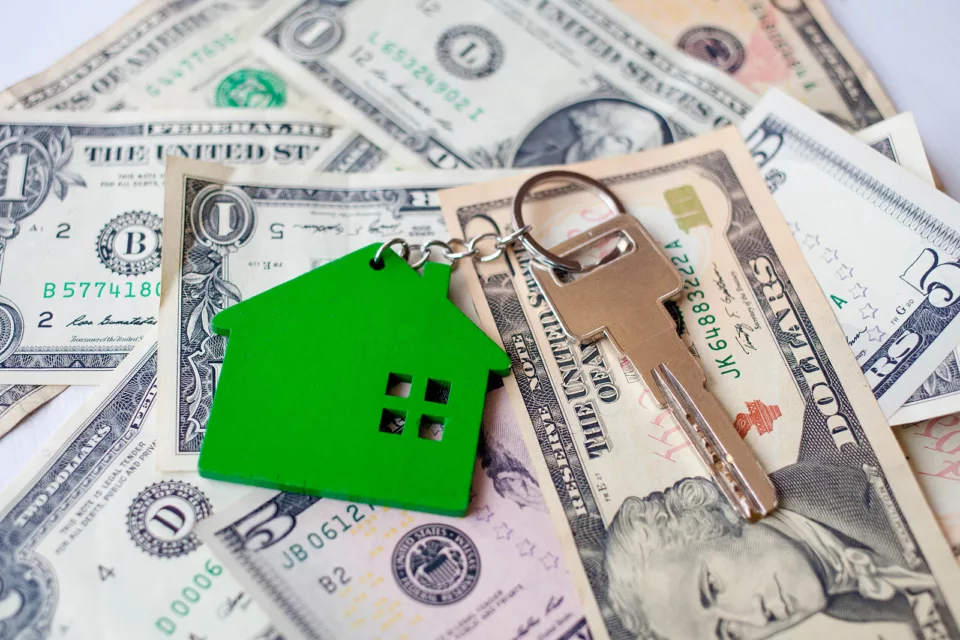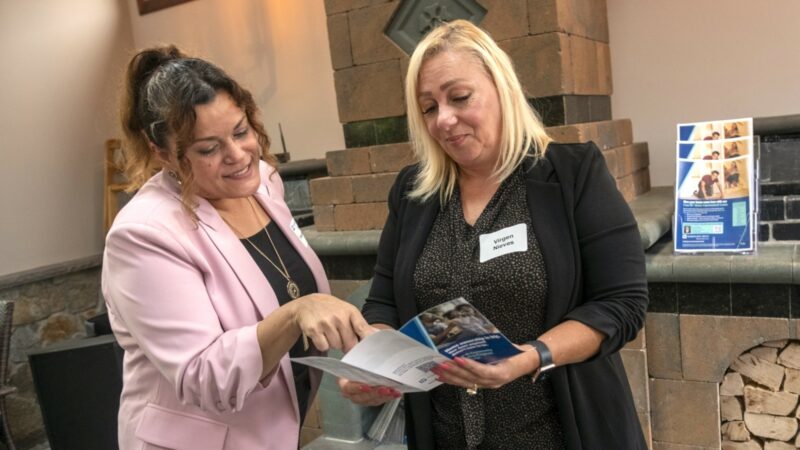Planning for a Home Down Payment: How much money should you save when preparing to buy a house?

Buying a home is a milestone worth celebrating, but it takes planning and preparation before signing the closing documents to ensure the purchase doesn’t become more of a burden than a blessing. Proper planning involves determining how big of a down payment you need and saving money for that down payment. Here are some pointers to get you started.
Determining your down payment amount
Traditionally, the standard down payment lenders require for financing a house is 20 percent. A down payment of 20% allows the borrower to avoid having to pay private mortgage insurance (PMI), which can cost 0.3% to 1.2% of the loan's principal balance. Banks charge PMI to borrowers who put down less than 20% to get some protection should the borrower stop making mortgage payments.
If you’re buying a $160,000 house, a 20 percent down payment would translate to $32,000 — which is a lot more than most first-time homebuyers can afford.
However, 20 percent is not necessarily required to buy a house if you’re willing to pay a little extra on your monthly bill due to PMI. Plus, you might qualify for a lower down payment depending on the type of loan you’re receiving and your credit history.
Borrowers may be able to take advantage of low-down-payment loans or assistance programs. Loans that are backed by third parties give financial institutions the security to allow first-time homebuyers to supply a lower down payment. For instance, the Department of Veterans Affairs offer VA loans, the Department of Agriculture offers USDA loans and the Federal Housing Administration offers FHA loans — all which allow down payments far below 20 percent. These still may entail extra fees, but oftentimes these can be rolled into your monthly payments, so you don’t have to pay as much money up front.
The many costs of buying a house
Keep in mind that a down payment isn’t the only cost you’ll be paying when buying a house. Purchasing a house entails an array of other fees that you might not have anticipated. A down payment is just one of the many costs you’ll need to budget for when saving for a house. You may also be responsible for paying:
- Fees paid to the lender for the loan arrangement, such as the origination fee, application fee, and underwriting fee
- Fees for title requirements, like title search and title insurance
- Home inspection, survey and appraisal fees
- Home insurance and property tax dues, which could go into your escrow account
- Various processing, commission, and service fees
Some of these fees will be due on your closing date, while others will be due throughout the application process or right after closing. When you’re saving money, make sure you have enough in your financial accounts to cover these and any other unexpected costs.
Big or small down payment?
Choosing how much to put toward a down payment depends on your financial situation and what you think you can afford. A larger down payment could constrict your finances initially when you may need to spend that money on moving and home improvement costs, but it lowers the amount you’re mortgaging and translates to less paid in interest and insurance over the life of the loan. A smaller down payment leaves more funds in your account now but will cost you more over the course of the loan due to the higher principle.
Whichever amount you choose to contribute to a down payment on a house, make sure you start saving now to be in the best financial state when it comes times to seal the deal.
Talk to a Mortgage Specialist
To get started, complete a brief online form and one of our mortgage lenders will get in touch with you!
By accessing the noted link you will be leaving Washington Trust's website and entering a website hosted by another party. Washington Trust is not responsible for, nor do we control, endorse or guarantee the content of any external sites. Please be advised that you will no longer be subject to, or under the protection of, the privacy and security policies of Washington Trust's website. We encourage you to read and evaluate the privacy and security policies of the site you are entering, which may be different than those of Washington Trust.
Contact a Trusted Advisor
For more information or to speak with one of our trusted advisors about your unique financial needs, contact us at 800-475-2265 or submit an online form.











